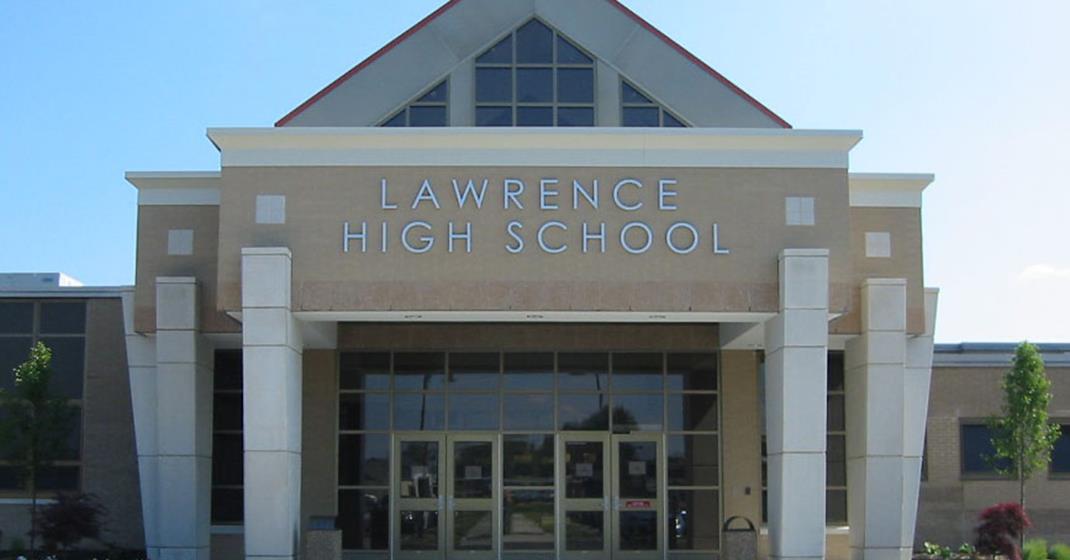A mind is a terrible thing to waste, and that’s what the Black Educational Advancement Council is trying to prevent through its virtual college workshop for Lawrence High School students.
The seminar, which is geared toward parents of Black and Latinx high school students, is set for Jan. 28 at 7 p.m. It is being co-sponsored by the Lawrence High School Black Student Union.
The session will feature speakers from the admissions offices of a two-year community college, a selective four-year college and an open-admissions four-year college. The speakers represent the type of college, not the one for which they work.
The target audience for the seminar – which is the first in a series of sessions to help families work through their child’s post-high school plans – is parents whose child may be considering a two-year or four-year college.
The seminar will help parents to determine whether their child should consider college, and whether the child is ready. It will help them to figure out what is the best fit for their child – a small college or a larger one.
For many families, their high school student is likely to be the first one to attend college, said Eleanor Horne. She sits on the Black Educational Advancement Council’s executive committee. The group was formed to advocate for Black and Latinx students at Lawrence High School.
“We want to talk to parents and offer some assistance,” Horne said. Some parents may not have attended college and may have questions about how to prepare their children for college.
Many parents and students are not aware of the difference between a liberal arts college and a technical school – Rutgers University vs. the Stevens Institute of Technology, for example, Horne said.
Families may not be aware of single-gender colleges, or of historically black colleges, Horne said. Guidance counselors may not consider historically black colleges and universities when advising students about their options.
The seminar will help families learn what colleges are looking for in a student, and to help the student make the best case for his or her admission, Horne said. They will learn about the college admissions testing process, the application process and the timeline for applying to college.
The seminar also will discuss issues of fairness and inclusion that Black and Latinx parents and students should consider, said Lindsay Martin, who is the president of the Black Educational Advancement Council’s executive committee.
“Historically, Black and Latinx students have struggled with the admissions process due to many issues, such as being a first-generation college student, lack of access to resources and limited funds, and stereotyping by high school counselors who guide them toward other options,” Martin said.
Once the family decides that college is the next step, there is the price tag. While students may be encouraged to attend a less expensive college, it is possible that a college whose tuition is high may also offer more financial aid, Horne said.
There is always the option of attending a two-year school and transferring to a four-year college, Horne said. Many community colleges and four-year colleges have agreements that allow for a transfer from the two-year college to the four-year one.
While the Jan. 28 seminar is aimed at college-bound students, future sessions will discuss the options of trade school, the military or work, and the advantages and disadvantages of a gap year or post-graduate year at a private high school after graduation from Lawrence High School.
“Really, what the Black Educational Advancement Council wants to do is to help Black and Latinx students to be successful,” Horne said.

